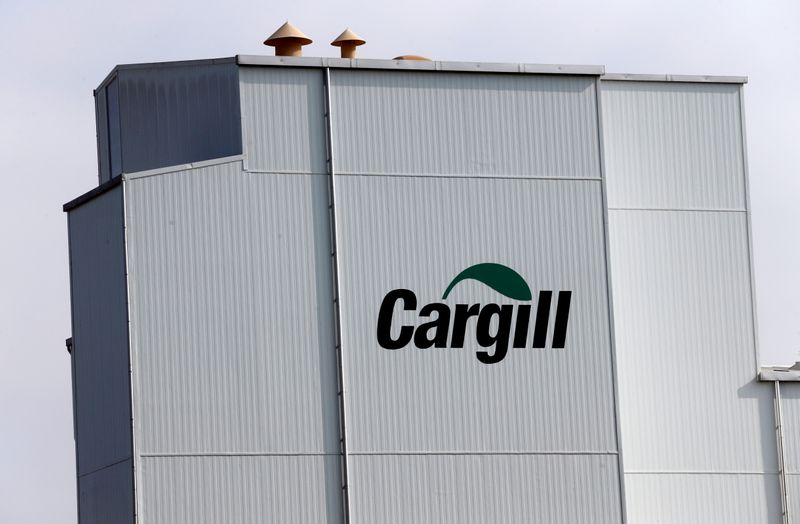WINNIPEG, Manitoba (Reuters) -Cargill Inc will begin to temporarily close its Guelph, Ontario beef processing plant on Thursday because of an outbreak of COVID-19 infections among workers, the company and a public health organization said.
Cargill voluntarily agreed to the closure as 82 workers tested positive for the virus, the Wellington-Dufferin-Guelph Public Health agency said. As a precaution, 129 other people were self-isolating.
“When we see an outbreak of this size, we must use all of the tools available to us to contain the outbreak and ensure the community at large is protected,” said Dr. Matthew Tenenbaum, Associate Medical Officer of Health for the agency.
The company said in a statement that it does not have a date set for reopening. It will finish processing the meat currently in the facility to prevent food waste, said Jon Nash, Cargill’s North America leader for protein.
The Guelph plant is the latest in a string of North American meat plants to suspend or reduce production during the pandemic, although the biggest closures occurred in spring, including at Cargill’s High River, Alberta plant.
Since then, packers have implemented new protective measures for workers, such as greater physical separation in plants that often involve elbow-to-elbow working conditions.
Cargill employs 950 people at the Guelph plant, according to its website. The company said workers will continue to be paid.
It processes 1,500 head of cattle per day, one-third the capacity of Cargill’s Alberta plant.
The spring meat plant closures in Canada and the United States left farmers at the time with few options to slaughter market-ready cattle and pigs, causing a glut of livestock.
Beef Farmers of Ontario, an industry group, said it has asked the Canadian and Ontario governments to activate a program that helps cover the cost of feeding cattle longer when slaughter capacity is not available.
(Reporting by Rod Nickel in WinnipegEditing by Chris Reese and Grant McCool)






















